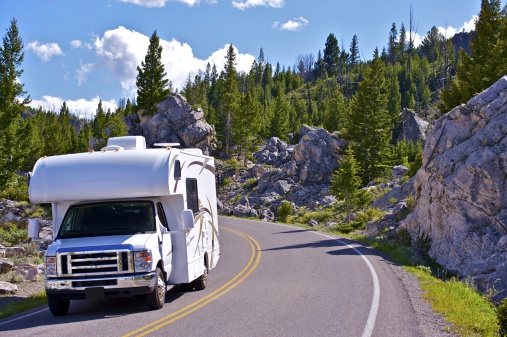October 8, 2014
Agency
Storing Your RV Battery for the Winter
 Did you know that an RV battery that isn’t in use will lose its charge? And in a prolonged discharged state, the lead sulfate on the battery plates starts to crystalize, effectively stopping the plates from being able to generate power. For this reason, many RV owners remove the battery during winter storage. Here a few tips to help extend your battery’s life so you can hit the road in your RV come spring.
Did you know that an RV battery that isn’t in use will lose its charge? And in a prolonged discharged state, the lead sulfate on the battery plates starts to crystalize, effectively stopping the plates from being able to generate power. For this reason, many RV owners remove the battery during winter storage. Here a few tips to help extend your battery’s life so you can hit the road in your RV come spring.
- Remove corrosion from the top of the battery with a mixture of baking soda and water. Be sure to dry it afterwards to eliminate discharge paths since water is a conductor. Stubborn corrosion can be removed with a wire brush.
- Fully charge the battery, but do not leave it hooked up to a trickle charger for over 48 hours. Set a calendar reminder to check its charge every 90 days and ensure that it goes no lower than 75 percent of a charge.
- While checking on your battery, remove the vent caps and refill the cells with distilled water as needed until the fluid level is just below the filler tube. Do not use tap water because the minerals act as contaminants that can corrode the inside of the battery.
- Keep the battery stored in a dry location that is kept between 32°F and 80°F to keep it from freezing or overheating. Never attempt to charge a frozen battery because it could cause it to explode.
- If you choose to leave the battery in your RV, be sure to disconnect it so electrical components like clocks don’t continue draining its charge.
We’ve got you covered throughout the long off-season. Call Cloverleaf Insurance at (636) 928-1373 for more information on RV insurance.
Categories: Recreational Vehicle
